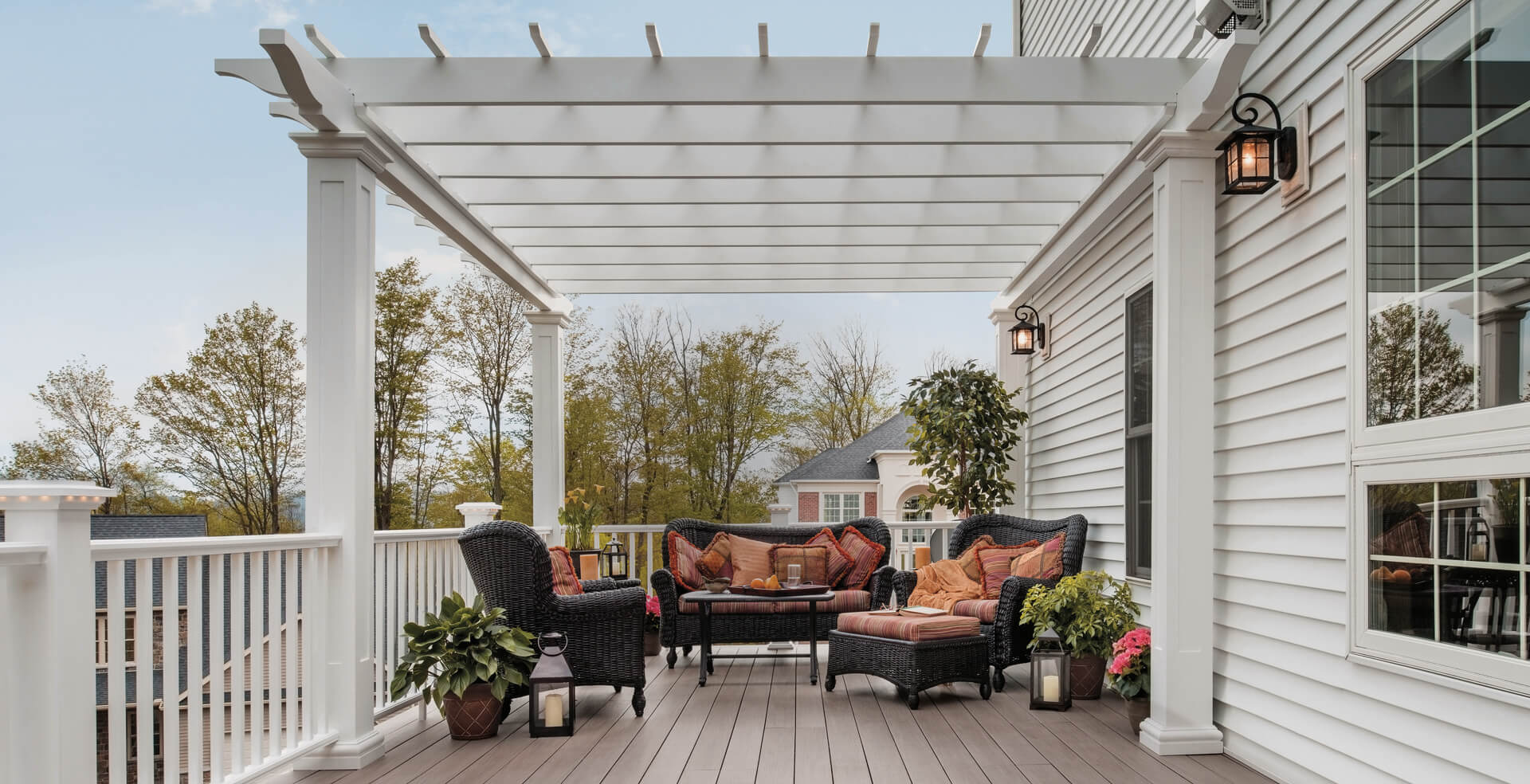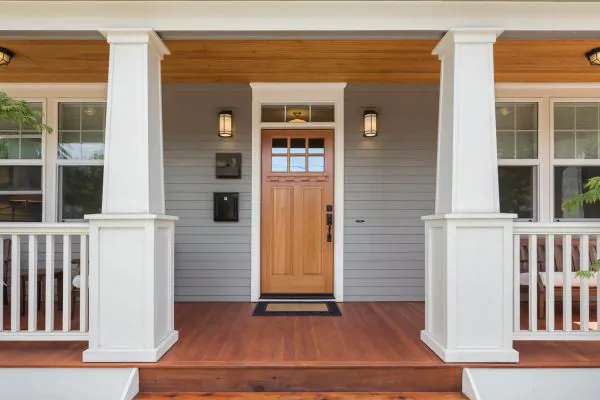Turn your outdoor space into a dream destination using Deck Builders Near Me
Turn your outdoor space into a dream destination using Deck Builders Near Me
Blog Article
Checking Out Numerous Types and Benefits of Deck: A Comprehensive Overview
The exterior deck is more than just an expansion of one's living space; it's a testimony to individual style, a place for celebrations, and a haven to take a break. The option of decking material dramatically influences these elements, with choices ranging from the traditional allure of timber to the practicality of composite, and the sturdiness of aluminum. Recognizing the nuances of these products is vital, so let's begin our expedition, one deck type at once.
Comprehending the Fundamentals of Outdoor Decking Material
Outdoor decking material serves as the backbone of any deck task, determining the overall aesthetics, toughness, and functionality of the last product. The market uses a huge range of materials, each with unique characteristics fit to different design preferences and environmental problems. The option includes natural timber, composite, plastic, aluminium, and even concrete. Timber, being the traditional choice, gives a timeless, traditional allure. Composite, a mixture of wood and plastic, provides wood-like appearances with much less maintenance. Plastic and aluminium offer modern, minimalistic choices, while concrete is preferred for its unrivaled sturdiness. The choice of product significantly influences the deck's life expectancy, upkeep needs, and resistance to aspects. Comprehending the basics of outdoor decking material is crucial for a successful deck task.
Benefits and Drawbacks of Timber Decks
In reviewing deck types, understanding the benefits and drawbacks of timber decks becomes crucial. This entails taking into consideration factors such as the sort of wood picked and its influence on the deck's efficiency. The subsequent conversation will certainly discover these factors carefully to supply a comprehensive view of the downsides and advantages related to timber decks.

Wood Deck: Disadvantages & pros
The beauty of timber decks can not be overemphasized. They emanate an ageless appeal and warm visual that numerous house owners find irresistible. This all-natural product is versatile, permitting a range of design opportunities, and can give an outstanding roi.
Nonetheless, timber decks additionally come with certain drawbacks. They require constant maintenance, consisting of normal cleaning, staining or paint, and possible replacement of warped or rotten boards. Wood is additionally susceptible to harm from pests and severe climate conditions. Its longevity can be less than various other decking materials, specifically if not properly looked after.
Selecting Your Timber Kind

Discovering the Benefits of Compound Decking
Turning focus to composite decking, it uses special advantages. Its toughness outperforms conventional wood in rough weather, reducing the requirement for frequent upkeep. Additionally, it provides a pleasing visual charm with variable design choices.
Composite Decking Sturdiness Conveniences
Despite the myriad of outdoor decking alternatives readily available in the market, composite outdoor decking stands Click This Link out for article its resilience. This type of decking, made from a blend of wood and plastic, offers a resilient, resilient system resistant to components that normally degrade other products. In recap, the sturdiness benefits of composite outdoor decking give a sustainable, affordable solution for outdoor living rooms.
Maintenance of Compound Decks
In enhancement to toughness, composite outdoor decking boasts a major benefit in terms of maintenance. Unlike traditional wood decks, composite decks are not prone to rot, warp, or insect damage, thus dramatically decreasing the need for normal repairs and replacements. The low-maintenance nature of composite decks not only provides ease of maintenance yet also adds to their long-term cost-effectiveness.
Aesthetic Appeal and Variability

The Increasing Appeal of Aluminum Decks: Why Pick Them?
As the need for sturdy and low-maintenance decking increases, aluminum decks are progressively becoming the go-to option for lots of home owners and building contractors. These decks, made from a lightweight yet strong metal, use numerous advantages over typical wood or composite decks. To start, light weight aluminum is normally immune to the elements, implying it won't warp, crack, or discolor in time. This makes it an affordable choice in the future. In addition, its non-porous surface prevents the growth of fungis, bugs, or mold and mildews, making certain a healthy and tidy outside space. Light weight aluminum decks are additionally eco-friendly, as they are often made from recycled products and can be reused once again sites at the end of their lifespan. Last but not least, their streamlined and modern-day visual charm fits well right into modern home styles.
Maintenance Tips for Different Decking Materials
Natural wood decks need regular discoloring or sealing to avoid weather damages, while composite decks require periodic cleaning with soap and water to get rid of spots and debris. Understanding these maintenance needs is critical for deck proprietors to maximize their financial investment and maintain their decks looking their ideal for years to come.
Variables to Take Into Consideration When Choosing Your Deck Type
Composite decks withstand moisture well, making them perfect for wet or moist regions. While some may prefer a luxurious, exotic wood deck, budget plan restrictions may demand a more affordable choice like pressure-treated wood. Hence, climate, way of living, expense, and upkeep are vital considerations in deck selection.
Conclusion
Wood decks charm with natural beauty, while composite and light weight aluminum ranges supply sturdiness and low maintenance. Prior to committing to a particular deck type, homeowners ought to very carefully consider the advantages, downsides, and upkeep requirements of each material.
In assessing deck types, understanding the pros and cons of timber decks comes to be vital.In spite of the variety of outdoor decking alternatives readily available in the market, composite decking stands out for its toughness. Unlike typical wood decks, composite decks are not susceptible to rot, warp, or insect damage, hence considerably decreasing the requirement for normal fixings and replacements. These decks, made from a light-weight yet durable steel, offer several advantages over standard wood or composite decks. All-natural timber decks need regular sealing or discoloring to prevent climate damage, while composite decks need routine cleaning with soap and water to eliminate discolorations and debris.
Report this page